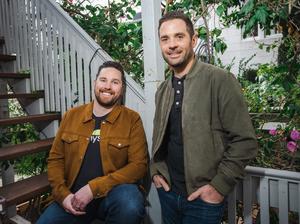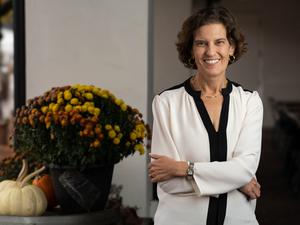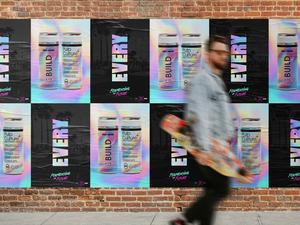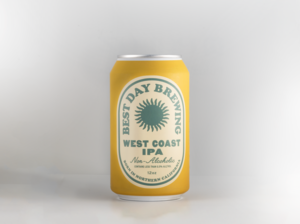
A San Francisco startup that makes personalized nutritional supplement recommendations based on data from wearables and at-home blood tests has raised a new round of funding.
Elo Health uses activity data from iOS-connected trackers and combines that with a health goals questionnaire to make real-time recommendations about how much protein powder a user should consume after a workout.
They'll also customize a user's protein powder formulation with an optional "biomarker" test, which can be used to create a personalized supplement regimen, as well.
The company was founded in 2020 by CEO Ari Tulla, CTO Tapio Tolvanen and Miklu Silvanto. Their first product was a monthly supplement subscription and the company subsequently expanded into protein powder.
On Tuesday, the company announced a $10 million Series A round that was led by Octopus Ventures, according to Business Insider.
It's other investors include Will Ventures, a firm co-founded by former Seattle Seahawks linebacker Isaiah Kacyvenski, as well as Oura smart ring co-founder Petteri Lahtela, KVKI Capital, Calm Ventures, Founders First, Prehype, Proxy Ventures and Stormbreaker Ventures, according to PitchBook. The new round brings its total funding to $15 million.
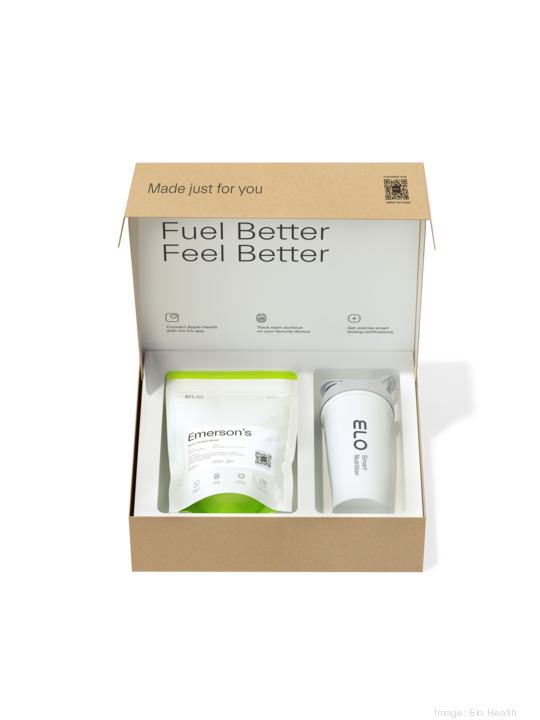
One of Elo Health's challenges will be to expand its customer base from athletes to the general public.
The company describes its system as "smart nutrition" and it also gives subscribers access to dietitians.
“What smart nutrition is, in our opinion, is proactive,” Tulla told Bloomberg News when the company announced its seed round nearly a year ago. “It is something that is basically changing the way you live your life. If you end up changing your biomarkers or you’re starting to sleep better or you go and do an activity, we’re trying to make the products change automatically based on how your body and your situation change.”
Supplements are incredibly popular, though the claims behind many products might not be supported by research.
Half of adults use at least one supplement, according to Harvard Health, but there's no evidence that multivitamins, specifically, improve health and wellness. Johns Hopkins researchers also reviewed several studies and concluded that "multivitamins don’t reduce the risk for heart disease, cancer, cognitive decline… or an early death" and "noted that in prior studies, vitamin E and beta-carotene supplements appear to be harmful, especially at high doses."
A lack of evidence doesn't seem to matter for most people, though: The health and wellness industry is expected to reach $6 trillion globally by 2025, according to Statista. Vitamins and minerals alone were a nearly $20 billion industry in 2021, and so-called "functional" foods were worth more than $500 billion.
